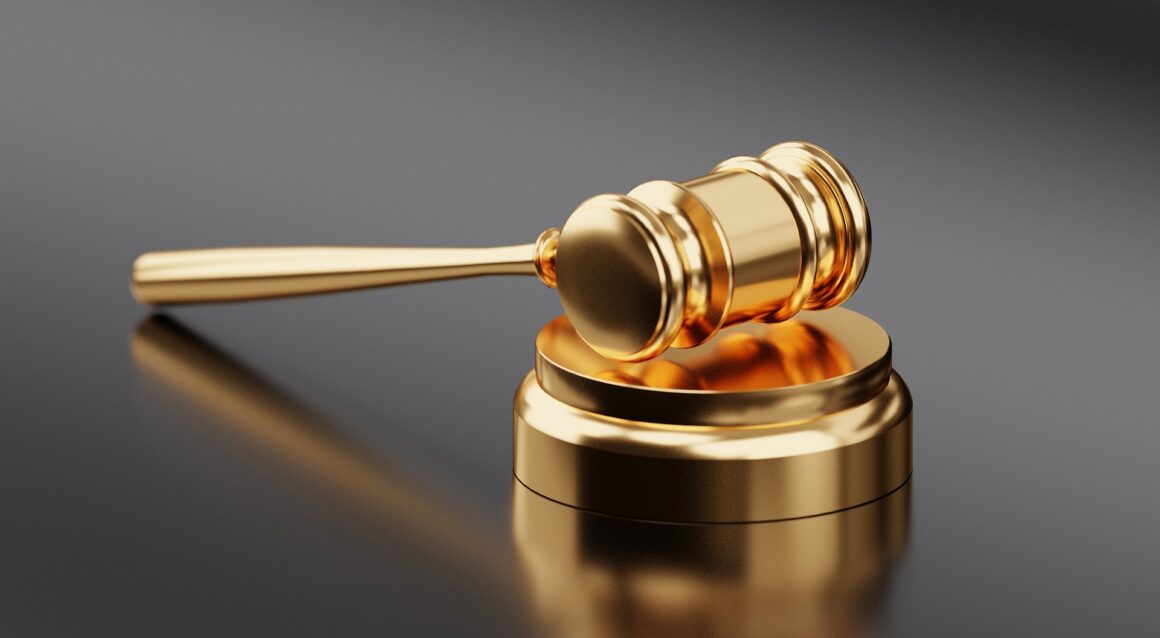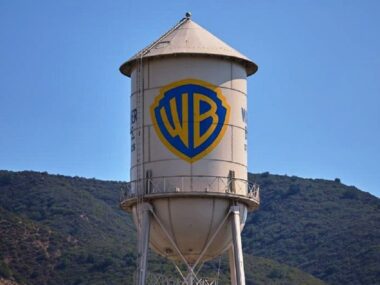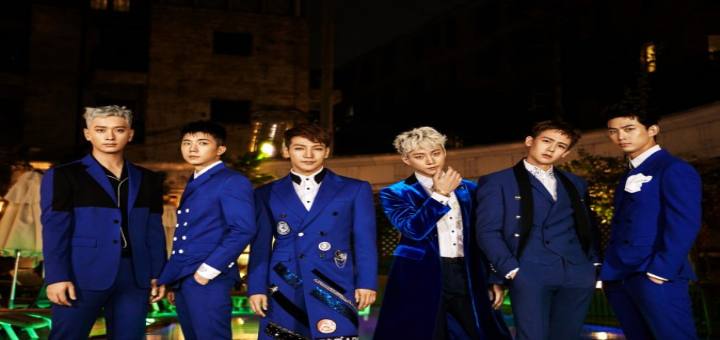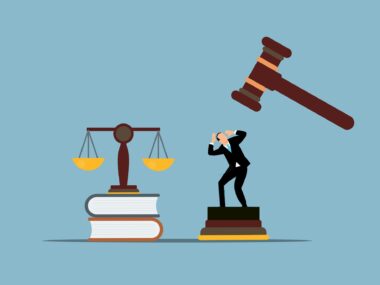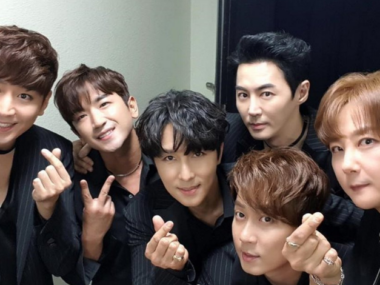What Happens If the Founder Becomes the Problem?
I hope the charges aren’t true. But at this point, it’s hard to ignore the pattern. Since HYBE went public, there’s been drama, mismanagement, and now serious legal trouble. Bang Si Hyuk, the man who built it all, is facing potential prosecution over alleged IPO fraud. The charges are heavy. If he’s found guilty, he could face a minimum of five years in prison. Possibly life.
This isn’t a one-off mistake. There was already a separate investigation by the Fair Trade Commission into whether HYBE failed to disclose Bang’s family ties and their business interests. Now regulators are saying Bang misled early investors, arranged a private profit-sharing deal with a fund connected to him, and personally made hundreds of billions of KRW after the IPO. If that’s true, it’s not just an ethical lapse. It’s a legal one. A big one.
If the Evidence Exists, There Should Be a Trail
Logically, if this actually happened, there would be a paper trail. And according to investigators, there is. Internal emails, financial records, audit filings, contract agreements, and even call recordings all paint a picture of a company actively preparing for an IPO. While telling early investors that nothing was happening. Those investors sold their shares. The shares ended up in a private equity fund tied to Bang. That fund had a profit-sharing agreement with him. When HYBE went public, he reportedly made the equivalent of $290 million.
If that sounds premeditated, that’s because investigators think it was.
They believe Bang knowingly misrepresented HYBE’s IPO plans to profit behind the scenes. That’s why this case has moved forward despite Bang denying any wrongdoing.
“The Lawyers Told Me To” Probably Isn’t Going to Work
The public defense so far is that all transactions were reviewed by lawyers and followed legal advice. But that’s not a shield. Not in South Korea. Executives are expected to take personal responsibility for what gets disclosed to investors. Even if a lawyer signs off, that doesn’t mean you’re off the hook if you were involved in the deception.
Especially if you benefited from it.
This defense has failed in other high-profile cases. If there’s evidence that Bang made false statements or omitted key information while profiting from those omissions, saying “my legal team reviewed everything” won’t hold up. And investigators believe they already have that evidence.
The Bigger Picture: This Isn’t Just About HYBE
What happens here could set the tone for how Korea handles financial misconduct in its entertainment industry. HYBE is a cultural powerhouse. If this case gets brushed aside or resolved quietly, it sends a message. One that could damage investor trust far beyond HYBE.
Entertainment companies are no longer niche players. They’re publicly traded, globally watched, and deeply integrated into Korea’s economy. If the financial regulations aren’t applied equally, the message is clear: celebrity status still buys protection.
That would be a problem for everyone. Not just HYBE.
Reputational Damage Doesn’t Just Hit the Company
The risk to HYBE is real. Investor confidence could fall apart. Partners may start pulling away. Even the artists, especially BTS, could feel the ripple effect. They aren’t responsible for what’s happening, but they’re part of the brand. If Bang goes down, he doesn’t go down alone.
There’s also a practical risk. This could delay business operations, disrupt deals, and cause stock volatility. Shareholders who feel they were deceived might sue. And if Bang is forced to step down or go to prison, the leadership vacuum won’t be easy to fill.
HYBE is still seen as “the BTS company,” but it’s also the Bang Si Hyuk company. Those identities have always been tightly linked. If one collapses, so does the other.
A Leadership Change Won’t Be Enough If the Culture Doesn’t Change
Let’s say Bang steps down. Will that actually fix anything?
If the leadership style, governance issues, and internal checks stay the same, then all that changes is the nameplate on the office door. HYBE is no longer a small startup. It’s a conglomerate now. With that status comes more legal obligations. Especially around transparency, family ties, and cross-ownership. That’s where the FTC’s investigation came in.
We still don’t know how that case ended. The fact that HYBE even got flagged shows that someone inside the company failed to keep up with the responsibilities that come with growth.
The Timing of All This Raises Questions
It’s hard to ignore the timing. The alleged fraud happened in 2019, right as BTS was becoming a global phenomenon. HYBE was preparing for its IPO and positioning itself as the future of entertainment. But behind the scenes, if the accusations are accurate, Bang was telling investors that nothing was happening.
That detail stings.
It suggests that early supporters of HYBE, people who believed in the company when it was still building, may have been pushed out just before its biggest financial windfall. That’s more than just a legal issue. That’s a betrayal of trust.
The Underdog Narrative Doesn’t Hold Up Anymore
The version of Bang we were sold was the underdog. The guy who left JYP, started his own label, and almost went bankrupt before BTS saved everything. That story isn’t wrong, but it’s also not the whole story.
Bang came from a well-connected family. He went to Seoul National University. His father held a prominent government position. He had access to things most people don’t. That doesn’t take away from his talent or work ethic, but it does complicate the “I started with nothing” narrative that the media often repeats.
We have to ask: did we let ourselves believe that story because it was easier to root for?
Where Was Everyone Else?
Another question no one seems to be asking: where were the guardrails? HYBE, Big Hit at the time, had a board. Underwriters. Legal teams. Internal staff. Did no one notice what was going on?
Or did they notice and look the other way?
If that’s the case, this isn’t just Bang’s failure. It’s a failure of oversight. And that’s the kind of failure that has to be addressed if anyone wants to prevent something like this from happening again. This could’ve been caught earlier. It should’ve been.
A Legal Case With Industry-Wide Implications
It’s not surprising that the K-pop industry has been quiet about this. But the silence speaks volumes. HYBE is powerful. Artists, brands, and media outlets benefit from staying on good terms with them. Staying silent only helps protect the people at the top.
This case could lead to broader regulatory scrutiny of how entertainment companies operate in Korea. That wouldn’t be a bad thing. If anything, it’s long overdue.
Transparency Matters More Than Talent
Bang Si Hyuk built one of the most successful entertainment companies in the world. But if the charges against him are true, that success came at the expense of honesty. And possibly at the expense of the very people who believed in HYBE before it was a household name.
This case isn’t about one executive’s choices. It’s about whether Korea’s financial system will hold powerful people accountable. Especially when those people are cultural icons.
Talent may have built the empire. But it’s transparency that keeps it standing. If that’s gone, everything else goes with it.
